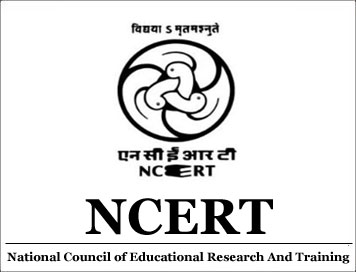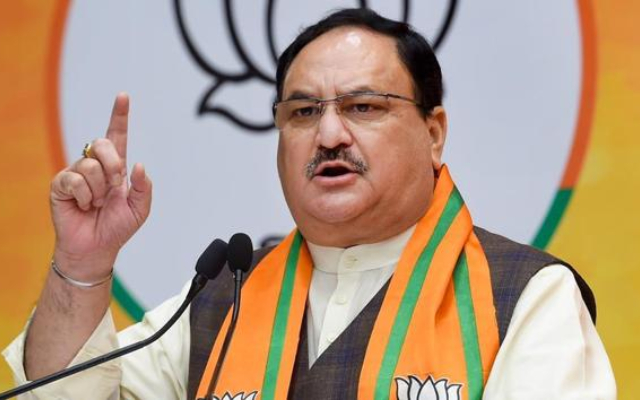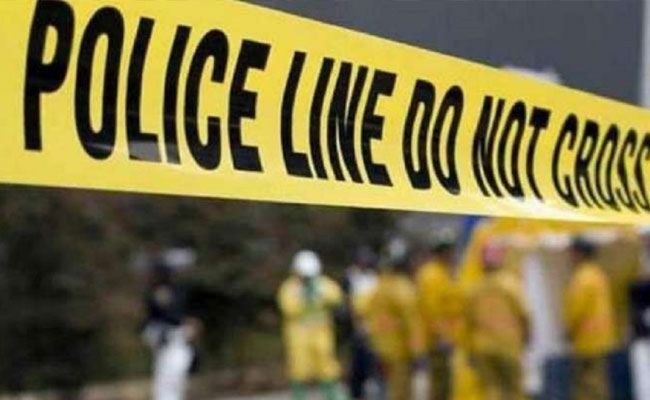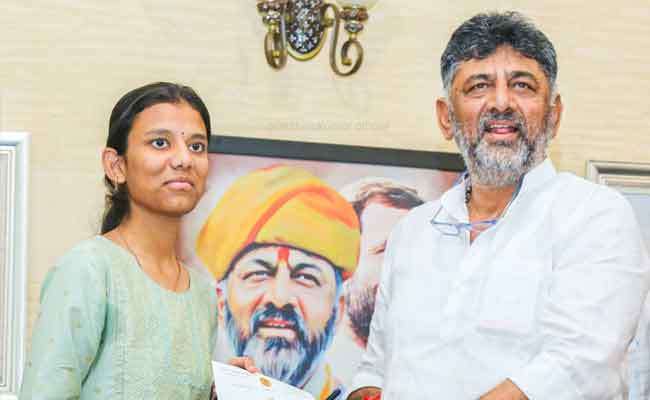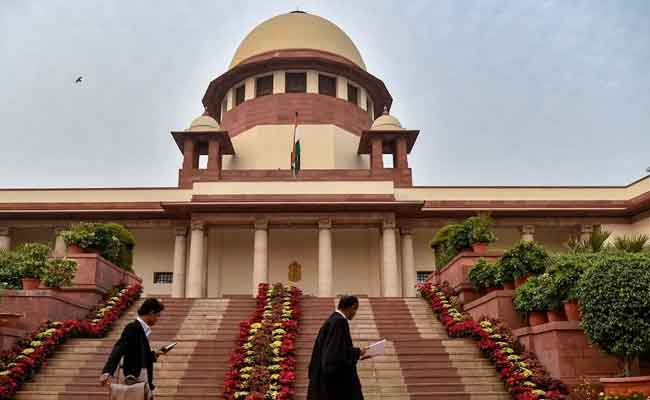New Delhi, Nov 23: The Delhi Commission For Protection of Child Rights has asked NCERT to modify or replace a chapter in Class IX English textbook, claiming that it normalises "violent masculinity, depicts women in "stereotypical ways and teaches children to accept violence at home".
The panel's chief Anurag Kundu said the chapter titled 'The Little Girl' narrates the story of a girl Kezia, who is scared of her father and is constantly threatened by him to a point that it starts impacting her speech.
Later in a tweet, Kundu wrote, "I have written to @ncert Director advising removal of the chapter 3 titled "The Little Girl" of class IX English textbook as it normalises violent masculinity, perpetuates patriarchy and promotes toxic behaviour in the family."
No immediate reaction was available from the NCERT.
According to the story, Kezia's grandmother asks her to prepare a gift for her father as his birthday is around the corner. She prepares a pin cushion, but stuffs it with papers which contain a speech her father is supposed to deliver at an event.
On finding this out, the father beats her up, but the grandmother asks her to forget the incident.
In the night, while sleeping beside her father, Kezia "realises" that the father works too hard to be playing with her, and that explains him getting angry frequently. She forgets about the incident and forgives him, the DCPCR said.
The panel said it consulted gender experts over the chapter and concluded that "it is deeply problematic".
It said Kezia's grandmother and mother are shown in stereotypical ways.
"Both women are docile, unable to stand up to the father when he beats or screams at Kezia. The mother is shown as an enabler of the abuse and patriarchy in the house.... The grandmother is kind and compassionate, lovingly soothes her granddaughter, but never defends her... Her grandmother, being an elder, is shown as powerless in front of her son," the letter to NCERT director read.
Noting that this "portrayal of women is at odds with the kind of gender equal society we all aspire to build", the panel stressed that children ought to be exposed to more progressive portrayal, making them question and critically examine her own surroundings.
"It teaches children to accept violence at home because the father works too hard... The material does not empower girls in any way, and in fact, provides harmful examples that girls and young women can forgive perpetrators of violence while boys can learn that they will be forgiven even if they are violent... All characters seem to be stuck in a psychologically unsafe environment," the letter said.
Kundu stressed that textbooks play an important role in shaping young minds as they grow up to challenge the notions of misogyny and violence.
"Chapters such as this is a self-defeating exercise to that end. Therefore, I request your kind intervention to either modify the chapter suitably or replace the chapter from the textbook for the 2023-24 academic year onwards," he added.
3-The chapter provides harmful examples that girls & women can forgive perpetrators of violence while boys can learn that they will be forgiven despite violence. They do not need to admit their mistakes but can be forgiven even when they do not expressly admit their failings. pic.twitter.com/chnmyJdH3p
— Anurag Kundu (@AnuragKunduAK) November 23, 2022
This is worrying & troubling. Violence in our homes & patriarchy is our unfortunate reality. But it must not be.
— Anurag Kundu (@AnuragKunduAK) November 23, 2022
Our textbooks shape young minds as they grow up to challenge notions of misogyny & violence. Chapters is a self-defeating exercise. Hence, chapter must be removed
Let the Truth be known. If you read VB and like VB, please be a VB Supporter and Help us deliver the Truth to one and all.
New Delhi (PTI): The Centre on Tuesday extended the ban imposed on the LTTE by five more years for fostering a separatist tendency amongst the masses and enhancing the support base for it in the country, particularly in Tamil Nadu, besides threatening the territorial integrity of India.
The Union Home Ministry imposed the ban invoking the sub-sections (1) and (3) of section 3 of the Unlawful Activities (Prevention) Act, 1967.
In a notification, the home ministry noted that the LTTE is an association based in Sri Lanka but has supporters, sympathisers and agents in the territory of India.
The central government is of the opinion that the LTTE is still indulging in activities which are prejudicial to the integrity and security of the country.
It said that even after its military defeat in May, 2009 in Sri Lanka, the LTTE has not abandoned the concept of 'Eelam' (an independent country for Tamils) and has been clandestinely working towards the 'Eelam' cause by undertaking fund raising and propaganda activities and the remnant LTTE leaders or cadres have also initiated efforts to regroup the scattered activists and resurrect the outfit locally and internationally.
"The pro-LTTE groups/elements continue to foster a separatist tendency amongst the masses and enhance the support base for LTTE in India and particularly in Tamil Nadu, which will ultimately have a strong disintegrating influence over the territorial integrity of India," the notification said.
The home ministry said the group's objective for a separate homeland (Tamil Eelam) for all Tamils threatens the sovereignty and territorial integrity of India, and amounts to cession and secession of a part of the territory of India from the Union and thus falls within the ambit of unlawful activities.
LTTE sympathisers living abroad continue to spread anti-India propaganda among Tamils holding India responsible for the defeat of the LTTE, which, if not checked, is likely to develop a sense of hate among Tamil populace towards the central government and the Indian Constitution, it said.
Despite the ban, the activities of pro-LTTE organisations and individuals have come to notice and, attempts have been made by these forces to extend their support to the LTTE, the ministry said.
LTTE leaders, operatives and supporters have been inimically opposed to India's policy on their organisation and action of the state machinery in curbing their activities, the notification said.
Cases have been registered under the Unlawful Activities (Prevention) Act 1967, against LTTE, pro-LTTE groups or elements since the last ban on the group five years ago and that indicate that LTTE and its remnant cadres, followers and supporters are involved in various criminal activities, including smuggling of illegal drugs, arms for furtherance of objective of the outfit.
The activities of the LTTE continue to pose a threat to, and are detrimental to the sovereignty and territorial integrity of India as also to the public order and, it should be declared as an unlawful association, the home ministry said.
As the LTTE continues with its disruptive, separatist and secessionist activities, which are prejudicial to the integrity and sovereignty of India and its strong anti-India posture posing a grave threat to the security of Indian nationals, it is necessary to declare LTTE as an unlawful association with immediate effect.
The LTTE was formed in 1976 and emerged as one of the most lethal terrorist group over the years.
India had banned the LTTE after the assassination of former prime minister Rajiv Gandhi in 1991. Since then, the ban imposed on the group has been extended every five years.
The terror organisation had suffered a military defeat in 2009 in Sri Lanka following the killing of its chief Velupillai Prabhakaran.

